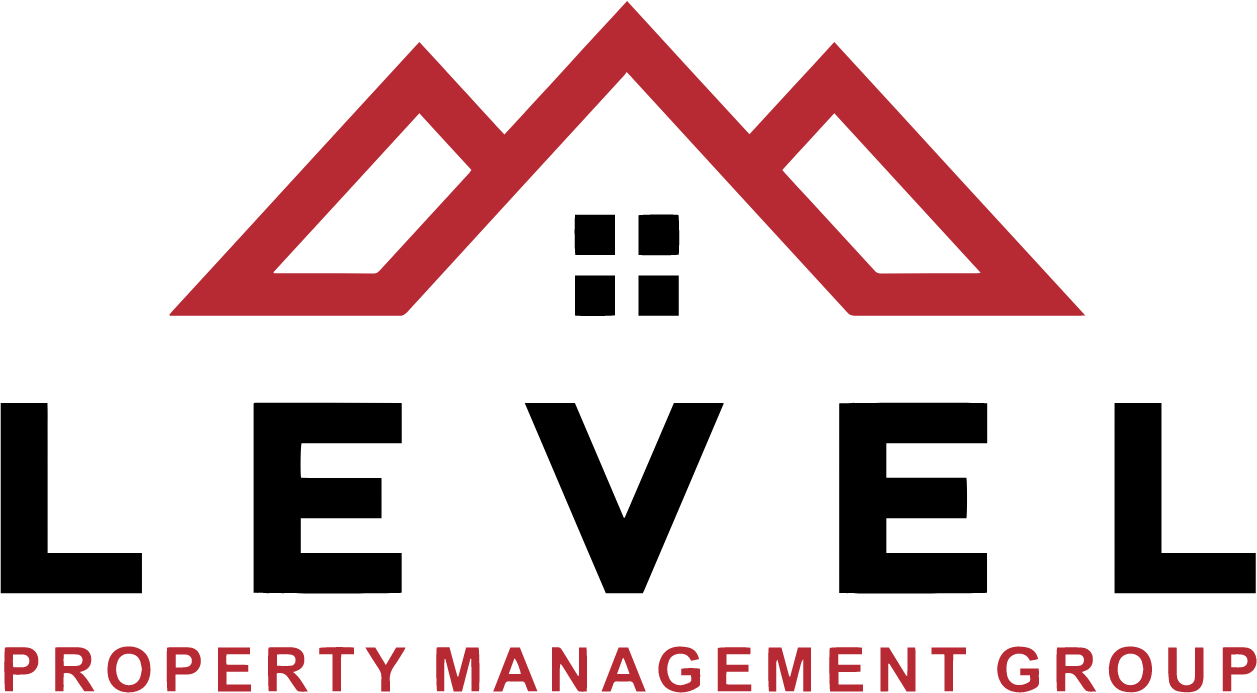Managing vendor relationships is a critical aspect of running a successful Homeowners Association (HOA) or Condominium Owners Association (COA). Vendors provide essential services that keep communities running smoothly, from landscaping and maintenance to security and waste management. Effectively managing these relationships ensures that your community receives high-quality services, remains within budget, and avoids potential disputes. Here’s how to effectively manage vendor relationships in your HOA or COA.
1. Choose the Right Vendors
The foundation of a successful vendor relationship begins with selecting the right vendors. To do this:
- Conduct Thorough Research: Look for vendors with a solid reputation, strong references and experience in working with HOAs or COAs. Check online reviews and ask for recommendations from other associations.
- Request Proposals: Obtain detailed proposals from multiple vendors to compare pricing, services and terms. Ensure that proposals are clear and comprehensive, covering all aspects of the work.
- Interview Prospective Vendors: Meet with potential vendors to discuss their services, experience and approach to working with associations. Assess their communication style and willingness to address your specific needs.
For more information on how to effectively manage vendors, check out ourvendor information page.
2. Establish Clear Contracts
A clear, detailed contract is essential for managing vendor relationships effectively. Ensure that the contract includes:
- Scope of Work: Clearly define the services the vendor will provide, including specific tasks, timelines and performance standards.
- Payment Terms: Outline the payment schedule, including any penalties for late payments or bonuses for early completion.
- Liability and Insurance: Ensure that the vendor has adequate insurance coverage and that the contract outlines liability in case of damage or accidents.
- Termination Clauses: Include terms for contract termination, including notice periods and conditions under which either party can terminate the agreement.
Having a well-defined contract helps prevent misunderstandings and provides a reference point if disputes arise.
3. Maintain Open Communication
Effective communication is key to a successful vendor relationship. To maintain open lines of communication:
- Schedule Regular Meetings: Hold regular meetings with your vendors to discuss ongoing projects, address any issues and plan for future work. This ensures that both parties are on the same page and can address concerns promptly.
- Provide Feedback: Offer constructive feedback on the vendor’s performance, both positive and negative. Recognize good work and address areas that need improvement in a timely manner.
- Document Communication: Keep records of all communications with vendors, including emails, phone calls and meeting notes. This documentation can be useful if disputes arise or if you need to reference past conversations.
4. Monitor Performance
Regularly monitoring vendor performance helps ensure that the services provided meet your association’s standards. To effectively monitor performance:
- Set Benchmarks: Establish clear performance benchmarks that align with the scope of work outlined in the contract. These benchmarks should be specific, measurable and time-bound.
- Conduct Inspections: Periodically inspect the work completed by the vendor to ensure it meets the agreed-upon standards. For example, inspect landscaping work for quality, timeliness and attention to detail.
- Review Reports: Request regular progress reports from vendors, detailing the work completed, challenges encountered and plans for upcoming tasks. Reviewing these reports helps you stay informed and address any issues early.
5. Build Long-Term Relationships
Building long-term relationships with reliable vendors can lead to better service and more favorable contract terms. To foster long-term relationships:
- Be Consistent: Treat your vendors fairly and consistently, following through on your commitments, such as timely payments and contract renewals.
- Show Appreciation: Acknowledge vendors for their hard work and dedication. A simple thank you or recognition of a job well done can go a long way in building a positive relationship.
- Negotiate Win-Win Agreements: Work with your vendors to create contracts that benefit both parties. Long-term contracts or preferred vendor agreements can provide stability for vendors while ensuring your association receives reliable service.
6. Address Issues Promptly
No vendor relationship is without its challenges. When issues arise, it’s important to address them promptly and professionally:
- Identify the Problem: Clearly define the issue, whether it’s related to the quality of work, timelines or communication breakdowns.
- Communicate Directly: Discuss the problem directly with the vendor, providing specific examples and referring to the contract if necessary.
- Seek Resolution: Work with the vendor to find a solution that satisfies both parties. This may involve renegotiating terms, providing additional support or setting new expectations.
If the issue cannot be resolved, refer to the termination clause in your contract to end the relationship and seek a new vendor.
Effectively managing vendor relationships in HOAs and COAs is essential for maintaining a well-run community. By choosing the right vendors, establishing clear contracts, maintaining open communication, monitoring performance, building long-term relationships and addressing issues promptly, you can ensure that your association receives the high-quality services it needs to thrive.
AtLevel Property Management Group, we specialize in managing vendor relationships for HOAs and COAs, ensuring that our communities receive top-notch services while staying within budget. Contact us today at 251.210.1664 or visit us at7472 Parker Rd., Fairhope, AL to learn more about how we can help your association achieve its goals. For more tips and insights, check out ourblogs.
